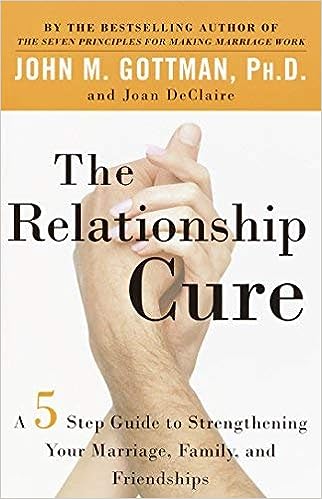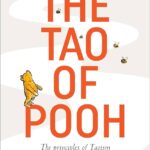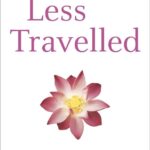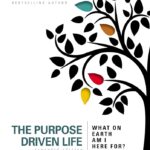Welcome to Thinkers Books, where we dive into the world of insightful literature. Today, we explore a book that promises to revolutionise our understanding of relationships: “The Relationship Cure” by Dr. John M. Gottman. Dr. Gottman, a renowned psychologist, has spent over two decades researching relationships. His book presents a five-step program designed to repair and fortify all types of relationships – with your spouse, family, friends, or colleagues.
Gottman’s methodology is based on three primary components: friendship, conflict management, and shared meaning. It goes beyond mere rectification; it focuses on constructing something new, something more substantial. The book begins with an introduction to ’emotional intelligence’ and its significance in successful relationships. The central idea is that comprehending your emotions and those of others is pivotal to building robust connections.
Subsequently, Gottman introduces his transformative five-step program. These steps comprise becoming aware of your emotions, recognising the role of emotional communication in relationships, learning how to ‘turn towards’ others instead of away, discovering the power of positive need statements, and developing emotional communication skills. Each step is detailed and furnished with practical techniques and case studies.
The book concludes by exploring the application of these principles in various contexts, from romantic to professional relationships. Gottman provides actionable strategies and tools, like the Repair Checklist, to aid readers in implementing his teachings.
Here are my top 5 takeaways from this book:
- Emotional Intelligence: Dr. Gottman emphasises that emotional intelligence is essential to successful relationships. It’s the ability to understand and manage your emotions and those of others. This includes recognising your feelings, understanding what they’re telling you, and realising how your emotions affect people around you. It also involves your perception of others: knowing how they feel allows you to manage relationships more effectively. Emotional intelligence can be improved with practice, self-awareness, and mindfulness.
- Turning Towards: According to Gottman, “turning towards” is a way of responding positively to ‘bids’ for emotional connection from others. A ‘bid’ can be any form of communication – verbal or non-verbal, big or small – that invites conversation, empathy, humour, or support. By turning towards these bids, we can foster better relationships. This can be as simple as acknowledging a comment with a smile or engaging in deeper conversations when someone shares their thoughts or feelings.
- Positive Need Statements: Expressing needs is crucial in any relationship, but how you express them matters. Gottman suggests using positive need statements instead of negative ones. For instance, instead of saying, “You never listen to me” (a negative need statement), you could say, “I feel valued when you take the time to listen to my opinions” (a positive need statement). This approach fosters positivity and understanding rather than resentment and defensiveness.
- Repair Checklist: Conflict is inevitable in relationships, but how we handle it determines the health of our relationships. Gottman’s Repair Checklist is a tool that provides phrases and strategies to help navigate conflicts effectively. These include statements like, “I’m sorry,” “I understand,” and “Can we take a break?” These phrases can help de-escalate conflict, promote understanding, and foster reconciliation.
- Applying Principles in Different Contexts: Relationships come in many forms – romantic, familial, professional, and more. Gottman’s principles are not confined to one type of relationship. Instead, he offers advice on how to adapt these principles to different contexts. For example, “turning towards” might look different in a professional setting compared to a romantic one. But the underlying code, acknowledging and responding to others’ emotional needs, remains the same.
The strength of “The Relationship Cure” lies in its practicality. It’s not just theory; it’s a manual for improving your relationships. I found this book incredibly enlightening; it made me reassess my approach to communication and highlighted the value of emotional intelligence. Anyone can benefit from this book, regardless of their relationship status.
We invite you to explore more summaries from Thinkers Books and delve deeper into the realm of enlightening literature. We hope this summary has piqued your interest in understanding and improving your relationships. Thank you for joining us on this journey of discovery.







